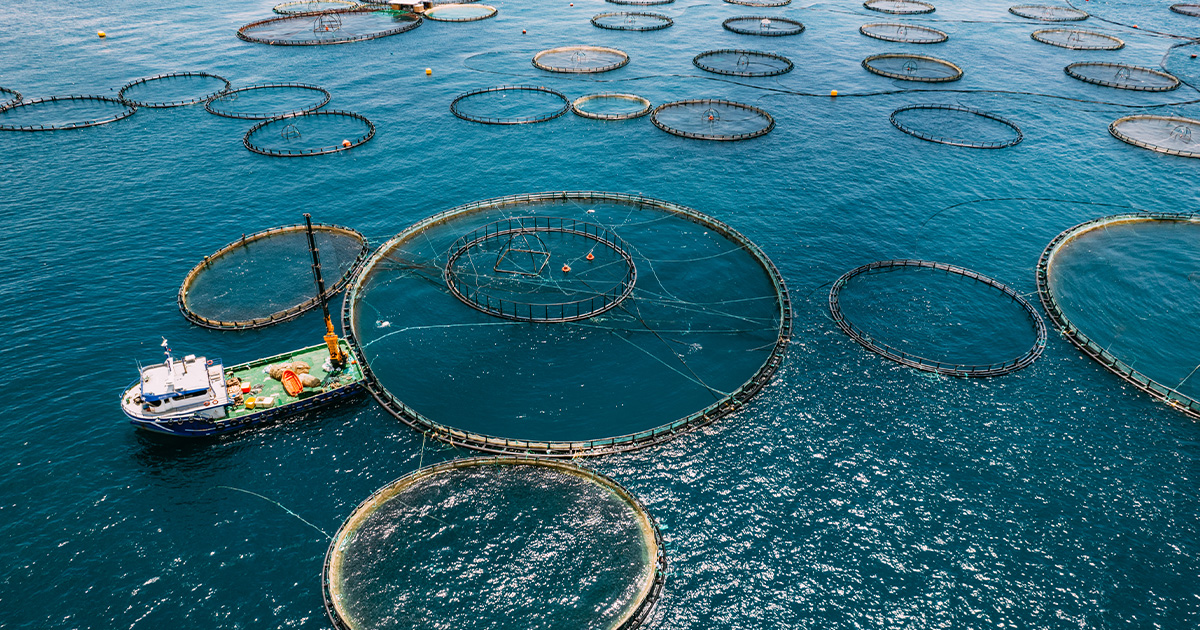Minister for Agriculture, Food and the Marine, Charlie McConalogue, T.D., addressed the key issue of decarbonization of the fisheries and aquaculture sector at the Informal Meeting of Fisheries Ministers held in Vigo, Spain on July 17 and 18.
At the meeting, organized by Spain who currently hold the Presidency of the Council of the EU, Fisheries Ministers from across the EU discussed ways to overcome challenges and potential barriers to deliver carbon neutrality for the seafood sector by 2050.
Member States agreed on the need for significant investment, in addition to that provided under the European Maritime, Fisheries and Aquaculture Fund (EMFAF), in order to achieve the energy transition. Ministers also noted the need for innovation in alternative energy for fishing vessels as the current technologies are not yet sufficiently developed and available to scale for maritime use.
Minister McConalogue highlighted the need for an EU-wide approach: “Fisheries are a shared Union resource; therefore we need to take collective action on an EU-wide basis. Any policy or regulatory framework must have clear, realistic objectives, taking into account the cost involved and investment and support needed over a realistic timeframe. Such a framework must consider all aspects of the seafood sector and adopt a dual approach of increasing efficiency and exploring alternative energy sources in parallel.”
On the decarbonization of fishing vessels, the Minister noted: “Different fleet segments will have different needs and challenges, and these must be considered when planning supportive action.”
The Minister went on to say that: “Adapting port infrastructure to facilitate the use of alternative fuels and sustainable energy sources will require significant investment. An EU-wide investment framework is essential for equitable development and to allow Member States maintain competitiveness.”
Regarding the Aquaculture and Processing sectors, the Minister said: “Moving to more sustainable and efficient energy use will make these sectors more resilient and competitive and help them to fulfil their crucial role in ensuring the EU’s food security.”
Last month, the European Commission launched the Energy Transition Partnership—a multi-stakeholder platform to promote co-operation and dialogue in order to accelerate the energy transition in the fisheries and aquaculture sector. This follows on from the publication of the Commission’s Communication on the Energy Transition of the EU Fisheries and Aquaculture Sector as part of its Fisheries Package in February.
One of the objectives of the Commission’s Communication is that by 2024, the Commission—in close co-operation with the Energy Transition Partnership—will develop a roadmap for the energy transition of the sector towards climate neutrality by 2050.
Minister McConalogue welcomed the establishment of the Partnership and, in conclusion, said: “Successfully transitioning to more sustainable energy sources will be a key factor in securing the long-term viability of the sector. Therefore, we look forward to working with the Commission and the Partnership on developing the roadmap for the energy transition.”



